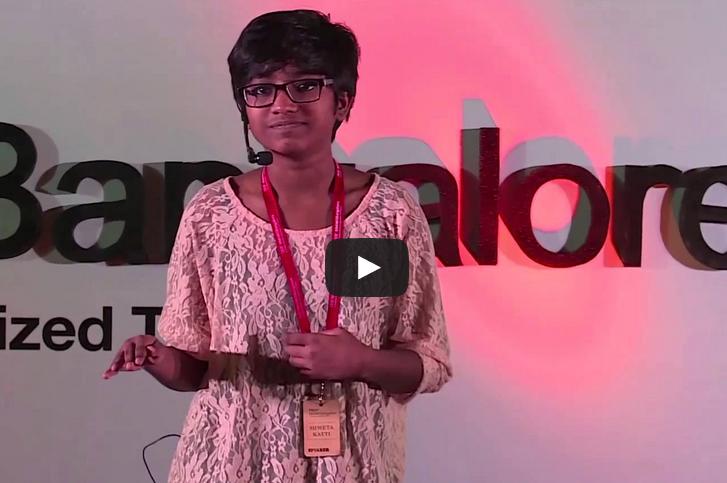Back in 1984, there was a small island nation of St. Kitts and Nevis. The economic scenario of the nation was not that good as there were frequent natural disasters and its main economical contributor- the ‘sugar’ production was not up to the mark. The Government of this small island nation then came up with an incredible idea- that is to put its citizenship for sale. Any foreigner who is willing to make a sizable economic investment in the country will be granted citizenship. This led to the idea of people obtaining second passport through investment. Several governments of other countries criticized this move and people of that country also resented the idea of selling their national identity. The government nevertheless went ahead and launched the program.
Years later, checking their economic standpoint now, we realize that nearly 20% of their GDP is contributed through this program. Stepping on to their shoes, well known European nations like Cyprus and Malta also started adapting to this idea and launched their own programs. Many other countries have launched ‘hybrid programs’, where citizenship is guaranteed for a sizable contribution and a short stay in the country. People loved this move as they wanted to obtain citizenship of countries with better economic situation, better infrastructure and healthcare facilities and most importantly better mobility access (for example, Cyprus offers visa-free travel to 174 countries).

Now in this COVID situation, the craze is on. People are on the lookout of second passports- especially to countries which have safely tackled the COVID situation. It is comparatively easier than obtaining it through immigration route. These programs are also economically advantageous for countries, for example, to obtain permanent residency in the Caribbean region, a person has to shell out approximately $100,000 per family. In Malta and Cyprus, the cost is $1.1- $2.2 million per family and for Austria it is $7.6 million. Malta with only $ 10 billion economy launched this program in 2014. Within 18 months, it was able to raise over $ 1 billion. Due to this pandemic, there is a 49% jump in applications noticed in the first four months of 2020 compared to last year.
Another advantage of this program is that you are not bound by tax-laws of the country on your investment. You just have to invest once and then enjoy the profits from your investments as well as avail the healthcare benefits which are provided by the government. There are numerous pros of obtaining a second passport through this route- You are able to work and live in another country like a local, avail all the benefits as a citizen, travel to new destinations visa-free, have tax concessions, gain a new identification document and have the freedom to renounce the old citizenship of the native country whenever you want. You also gain more mobility access through the freedom of moving agreements like you can gain easy access to Germany through Malta’s program.
These programs are way more expensive than traditional immigration route especially when you seek citizenship of a country with high reputation. So, it is safe to say that only the rich and privileged will consider this route. But the brighter side is that availing citizenship through this route is way faster than the traditional route. Now looking at the other side- Is it fair for the native citizens of the country whose citizenship is put for sale? There are countries which are currently providing citizenship in lieu of investment despite being burdened with limited resources. The present situation is such that the number of patients who are in need to intensive care treatments exceeds more than the existing hospital capacities. In such a situation, diverting the resources to the privileged section will definitely be unfair to the native citizens.
It is said that citizenship has two faces- external and internal. The external face looks at other countries and demands that they recognize their passport as well their citizens living abroad with the promise to right to return and diplomatic protection. The internal face looks at its native citizens and tells them that they are the government’s number 1 priority. It is imperative for a stable economy to have both the faces of citizenship connected and in sync with each other. Some experts argue that ‘dual citizenship’ disturbs the connection between the two faces of citizenship. Some countries welcome this move and have extracted good gains out of these programs. Some have condemned it. What is your take on it?
Tags: citizenships covid geopoliticsYou might like reading:

Shweta Katti , TEDxNMIMSBangalore 2014
Shweta Katti, a young girl from Mumbai’s redlight area, shares how she has overcome child sexual abuse, marginalization and discrimination to make her dreams come true: study at a US University. She shares her thoughts on why youth like her have the greatest potential to become world leaders. Tags: NMIMS tedx tedxnmimsbangalore
Industry Stalwarts discuss recruitment trends at XIMB HR Conclave
6 September 2015, Bhubaneswar XIMAHR, the HR committee of XIMB organized“Kshitij” 2015, their annual HR conclave on 6th of September. This year’s topic of discussion was “Emerging trends in Recruitment”. Eminent speakers from diverse industries graced the panel, which included Pradeep Deshpande, GM Talent Acquisition, Schnieder Electric, PriyaRanjan Prasad, COO and SVP, Essar Steel India Ltd., SimantaMohanty, Executive Chief Consultant, […]































